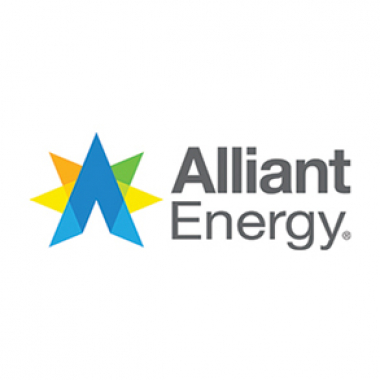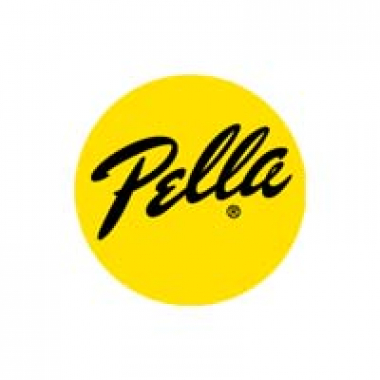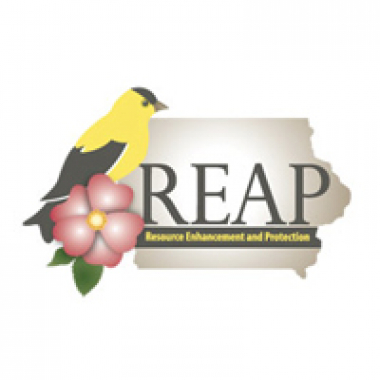Solutions to Nitrate Fluctuation
Algae, like other aquatic plants, provide oxygen for fish (carbon cycle), take in nutrients from the water (nitrogen cycle) and provide food for fish (carbon cycle again). In this case, the aquatic plants are causing the decrease in the nitrogen. As the days get longer and the water gets warmer the ideal growing conditions for aquatic plants arises. Here, the plants (primarily algae) are growing until the nutrients are gone. As soon as more nutrients are introduced, more plants grow. When these plants die, some nutrients go into the atmosphere, while the rest of the nutrients return back into the water. In addition, runoff is contributing to the nutrient load every year as well. An important part of the nitrogen cycle to keep in mind is bacteria. And this type of bacteria works slower in the cold. Many commercial algae farmers need to add nutrients to their water. Iowa already has those nutrients. Sometimes too much of those nutrients. Algae is helping us by lowering the nutrient levels of our waters. Might we be able to take the algae during the summer and use it for another purpose? It isn't the algae that causes fish kills, it is the algae decomposing in the water that does it.
Iowa Core Standard
Driving Question
- What is causing the nutrient levels to go up and down nearly every year?
Probing Questions
- Are these new nutrients coming in every year? Or are the same ones staying?
- Could we use the algae and other aquatic plants being grown every year?
- Could it be harvested before it decomposes?
Classroom Suggestions
Students could:
- Review the eutrophication phenomena before this phenomena or explore in parallel, as the eutrophication phenomena gives reason to find potential solutions to the hypoxia problem.
- Brainstorm ways to harvest the algae and do something good with it. We farm everything else, why not algae?
Resources
This website that has all of Iowa's water quality data. I realize it may seem overwhelming, so I provided a short video on how to use this site to find nitrogen data.
- PBS LearningMedia | Nitrogen Cycle: This interactive activity adapted from the University of Alberta illustrates how, through a process called fixation, nitrogen flows from the atmosphere, into the soil, through various organisms, and back to the atmosphere in a continuous cycle.
- PLOS | Winter Nitrification in Ice-Covered Lakes: These teacher-focused journal article reviews the data of nitrogen levels during the winter, to look at nitrification rates.
- Iowa State University | Algae: A possible source of biofuel for Iowa: This article describes current research and use for algae as a biofuel.
Contributors
Submitted by Nathan Van Zante.
Graph taken from the Iowa DNR AQuIA database.
Funding for Iowa Science Phenomena Provided By








